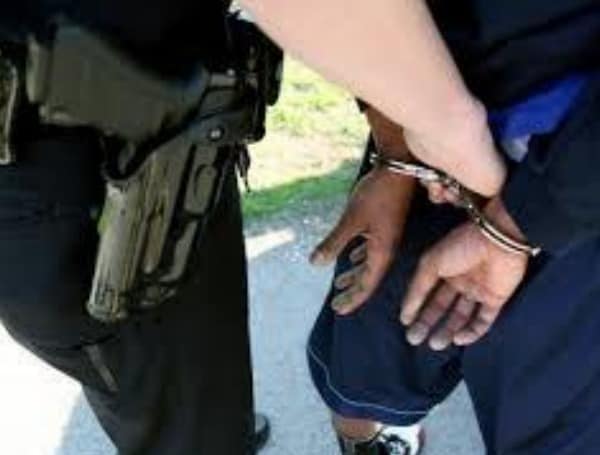A Texas man has been charged in the Eastern District of Texas with allegedly filing bank loan applications fraudulently seeking more than $5 million
A Texas man has been charged in the Eastern District of Texas with allegedly filing bank loan applications fraudulently seeking more than $5 million dollars in forgivable loans guaranteed by the Small Business Administration (SBA) under the Coronavirus Aid, Relief, and Economic Security (CARES) Act.
David P. Burns, Acting Assistant Attorney General for the Justice Department’s Criminal Division; Stephen J. Cox, U.S. Attorney of the Eastern District of Texas; Dale Forrester, Special Agent in Charge of the Treasury Inspector General for Tax Administration’s Cybercrime Investigations Division; Donald Abram, Special Agent in Charge of the SBA Office of Inspector General’s (OIG) Central Region; and Ryan L. Spradlin, Special Agent in Charge of U.S. Immigration and Customs Enforcement’s Homeland Security Investigations (HSI) Dallas made the announcement.
Samuel Yates, 32, of Maud, was charged in an indictment with two counts of wire fraud. The indictment alleges that Yates sought millions of dollars in forgivable loans guaranteed by the SBA from two different banks by claiming to have over 400 employees earning wages when, in fact, no employees worked for his purported business.
According to court documents unsealed today in U.S. District Court in Texarkana, Yates allegedly made two fraudulent applications to two different lenders for loans guaranteed by the SBA for COVID-19 relief through the PPP. In the application submitted to the first lender, Yates allegedly sought $5 million in PPP loan proceeds by fraudulently claiming to have over 400 employees with an average monthly payroll of more than $2 million. In the second application, Yates claimed to employ over 100 individuals and was able to obtain a loan over $500,000.
With each application, Yates submitted a list of purported employees that he obtained from a publicly available random name generator on the internet. He also submitted forged tax documents with each application.
The CARES Act is a federal law enacted on March 29, 2020, designed to provide emergency financial assistance to the millions of Americans who are suffering the economic effects caused by the COVID-19 pandemic.
One source of relief provided by the CARES Act was the authorization of up to $349 billion in forgivable loans to small businesses for job retention and certain other expenses, through the PPP. In April 2020, Congress authorized over $300 billion in additional PPP funding.
The PPP allows qualifying small-businesses and other organizations to receive loans with a maturity of two years and an interest rate of 1 percent. PPP loan proceeds must be used by businesses on payroll costs, interest on mortgages, rent, and utilities.
The PPP allows the interest and principal to be forgiven if businesses spend the proceeds on these expenses within eight weeks of receipt and use at least 75 percent of the forgiven amount for payroll.
A federal criminal indictment is merely an accusation. A defendant is presumed innocent unless and until proven guilty.
Trial Attorney Louis Manzo of the Criminal Division’s Fraud Section and Criminal Chief Frank Coan and Assistant U.S. Attorney Jonathan R. Hornok for the Eastern District of Texas are prosecuting the case.
The Justice Department acknowledges and thanks the SBA Office of Inspector General, and U.S. Postal Inspection Service for their efforts investigating this mater.
Anyone with information about allegations of attempted fraud involving COVID-19 can report it by calling the Department of Justice’s National Center for Disaster Fraud Hotline at 866-720-5721 or via the NCDF Web Complaint Form at: https://www.justice.gov/disaster-fraud/ncdf-disaster-complaint-form.

COMMENTS